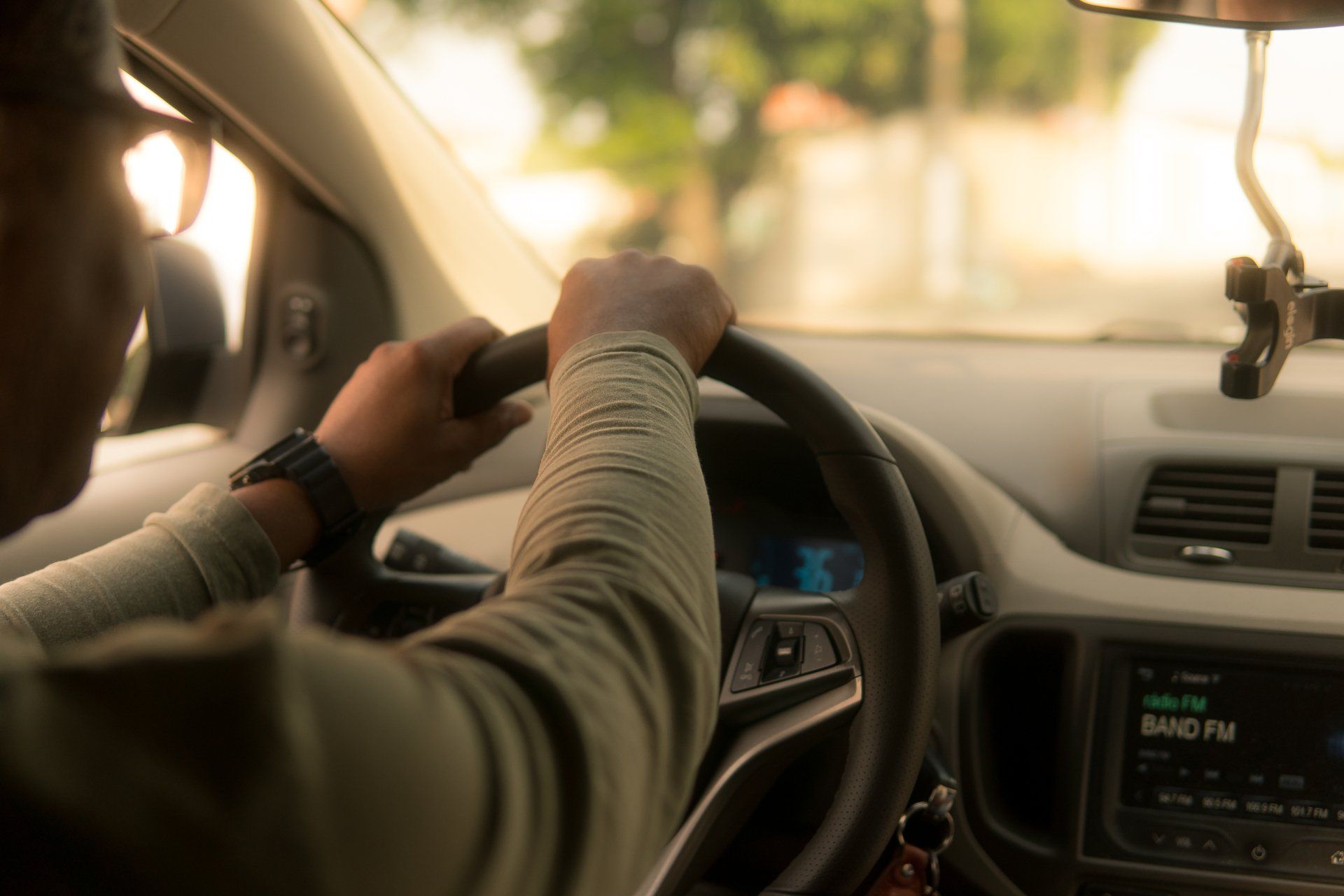VAWA: A Path to Safety, Independence, and Healing
VAWA: A Path to Safety, Independence, and Healing
What Is VAWA?
The Violence Against Women Act (VAWA) is a federal law that provides important protections and pathways for immigrant survivors of abuse, allowing certain spouses, children, or parents of U.S. citizens or lawful permanent residents to self-petition for immigration relief without depending on the abuser. In practical terms, it helps survivors regain autonomy by removing the need to rely on their abuser for sponsorship.
How It’s Used & the Process
Survivors file Form I-360 (Self-Petition under VAWA), supplying evidence of the qualifying relationship (for example, marriage, parent-child), proof of abuse or “extreme cruelty,” and evidence of good moral character. If approved, they may become eligible for work authorization, protection from removal, and eventually lawful permanent residency (a green card). Confidentiality rules prevent USCIS from disclosing case details to the abuser, and survivors can use a confidential address for USCIS communications.
Recent Updates & Challenges (2025)
One major update: as of January 20, 2025, USCIS no longer issues Requests for Evidence (RFEs) in VAWA self-petition adjudications. This means petitions must be filed with as complete and strong evidence as possible from the outset.
Processing times have also surged. In 2025, USCIS is taking around 41.5 months (nearly 3½ years) to adjudicate 80% of VAWA self-petitions. The transition of VAWA cases to the Nebraska Service Center’s HART (Humanitarian, Adjustment, Removals, Conditions, Travel Documents) unit (since April 2024) has contributed to these delays.
Also important: in July 2025, USCIS posted a rule regarding new fees under the H.R. 1 Reconciliation Bill that affect Form I-360 filings. Petitions postmarked on or after August 21, 2025, without the proper fee will be rejected.Moreover, USCIS changed the filing location for some I-360 self-petitions (filed under VAWA without a concurrent I-485) to USCIS Lockbox locations, rather than the Nebraska Service Center.
Another critical issue: there is growing concern over scams targeting VAWA-eligible individuals. Some unscrupulous service providers and attorneys are falsely promising VAWA relief to people who don’t qualify or coaching clients to exaggerate abuse claims. These practices are risky—they can lead to denial, removal, or collateral immigration consequences.
What This Means for Survivors & Advocates
Given the elimination of RFEs, filing with maximum supporting evidence from the start is more crucial than ever. Because of long processing times, survivors and their advocates should plan for a prolonged waiting period. It’s essential to work with a reputable, experienced immigration attorney to help ensure the petition is complete, compelling, and accurate. And always be on guard—if a “professional” promises you’ll
definitely be approved under VAWA without reviewing your individual situation, that’s a red flag.
VAWA remains a powerful tool for protection and independence. But with evolving policies and procedural shifts, staying informed and vigilant is key.
Wheeler Law is available to answer any other questions you may have, and/or help you take the next steps to your, or your loved ones, future. At Wheeler Law, we find creative solutions to break down the barriers holding you, or a loved one, back from obtaining legal status in the United States. Call us now to schedule a consultation: (602) 586-5625.
Follow us on
social media
for more tips about VAWA.







